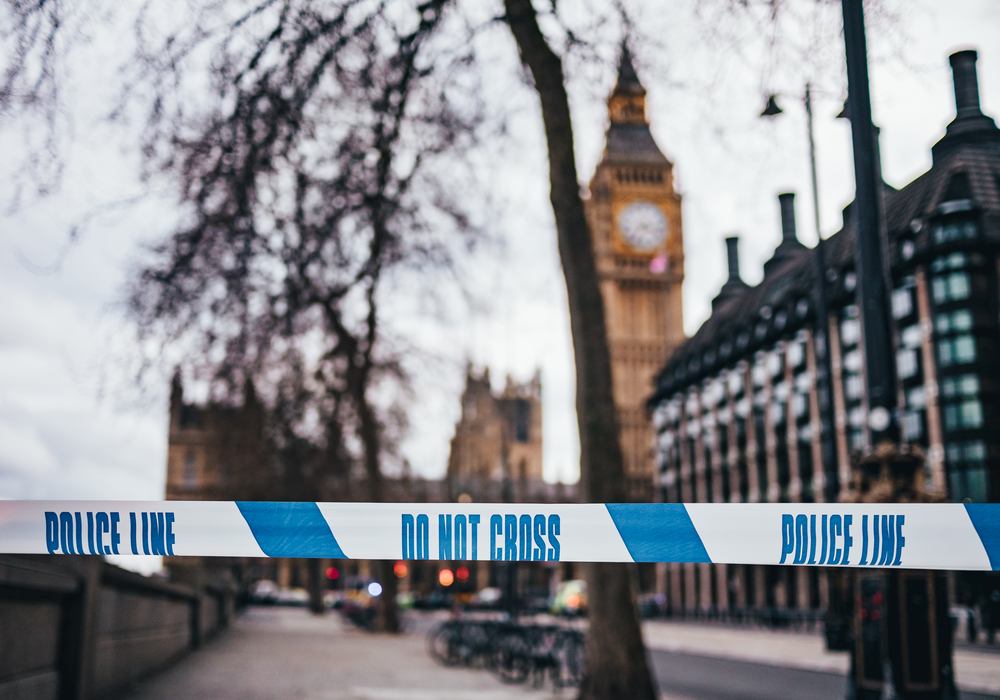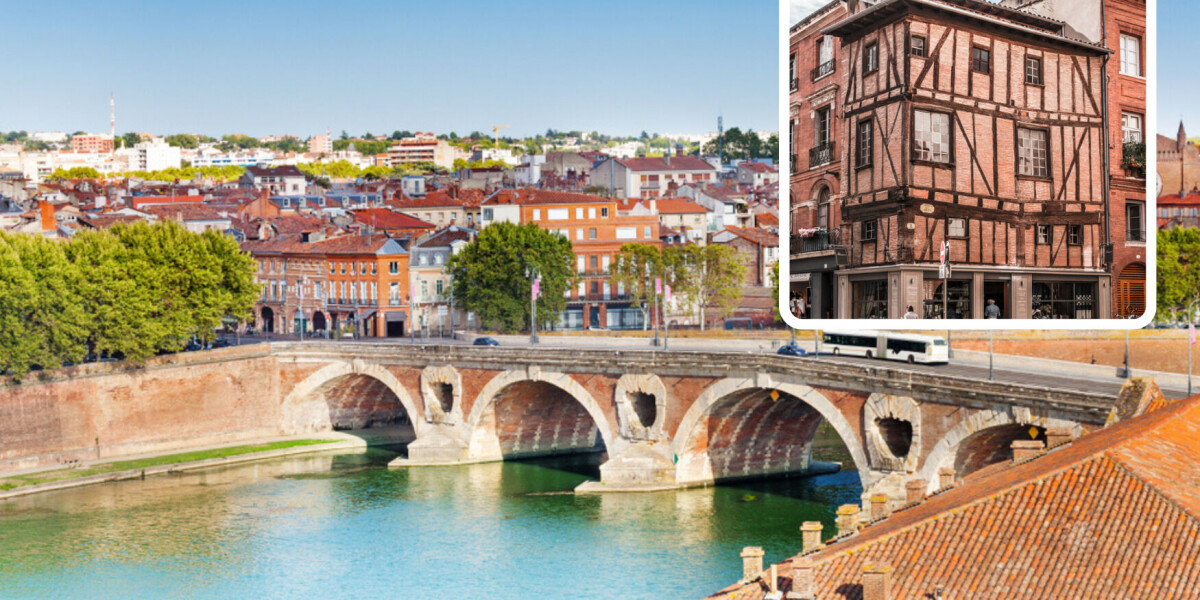
- Select a language for the TTS:
- UK English Female
- UK English Male
- US English Female
- US English Male
- Australian Female
- Australian Male
- Language selected: (auto detect) - EN
Play all audios:
Last year we heard far too much from the Tory back-benches. They present themselves as custodians of our freedoms. Masks compulsory on public transport, closing venues, limiting numbers at
social gatherings to reduce transmission of Omicron infection, requiring Covid passes for entry to others, are comparable, not to widely accepted speed limits, mandatory seat belts or to
banning smoking in public places, but to an assault on human rights. “I personally didn’t come into Parliament to restrict people’s freedom,” Sajid Javid, the Health Secretary, felt obliged
to say on 19 December as the epidemiologists advised caution. And the Foreign Secretary, Liz Truss, our leading political chameleon, tries to brand herself as a “freedom warrior” seeking
“control over our own lives and destiny” in her pursuit of leadership of the Conservative Party. Future historians may look back in bewilderment on the one-sided understanding of human
freedom flourishing during the last decade, an understanding which has become a decisive measure of political credibility within a part of the Conservative Party. After the Cold War ended,
the persistence of threatening authoritarian regimes — more accurately described as increasingly brutal dictatorships — encouraged a narrow definition of freedom: immunity from the coercive
power of the State. But is that the nature of human freedom done and dusted? Advocacy of “freedom from” has been pushing aside “freedom for” and in consequence essential political questions
arising from the other core dimension of human freedom: how to create freedom for the good, for excellence, for authentic self-realisation as social beings, for the Global Common Good. The
push is coming from the top, led by a feckless Prime Minister who should never have been made leader of the Conservative Party, for whom ethical norms, rules and high standards of behaviour
in public office become barriers to “getting the job done” and restraints on raw ambition and power. The Johnson clique are either blind to the contradictions in the policies they promote or
just duplicitous. The principal advantage of democracy is freedom to sack a government for whatever reason through regular free and fair elections and thus to protect the fundamental
freedoms which democracy upholds. The Conservative Party, learning from Republican Party voter suppression techniques, is proposing “electoral reforms” demanding the presentation of photo ID
at polling stations before a ballot paper will be issued. At the same time, they are rejecting similar checks to regulate social media because, according to their estimates, 3.5 million
people will fail to provide photo ID and thus be excluded. Some 3.5 million would also be excluded from voting by the photo ID requirement; they are more likely not to have passports and
drivers’ licenses and more likely to be Labour voters. The over-60s will be allowed to use their travel passes, though not younger voters — who are far less likely to be Conservative voters.
According to the Electoral Reform Society and a recent report from PACAC, the Cross-Party House of Commons Public Administration and Constitutional Affairs Select Committee, the
introduction of mandatory photo ID at the polling station risks “upsetting the balance of our current electoral system, making it more difficult to vote and removing an element of the trust
inherent in the current system”. PACAC also found that “the research and evidence adduced by the Government to support this proposal ‘has simply not been good enough.’” Voter identity fraud
at polling booths in Britain is, of course, nearly non-existent. The European Convention on Human Rights, which the UK signed in 1950 and to whose drafting the UK made a major contribution,
has for years been a target of the Conservative right wing. Human rights, of course, include freedoms _for_ something as well as freedoms _from_ something. Since the days of Brexit
campaigning, the Johnson clique has clung to the hope, on grounds of national sovereignty, that they can tamper with the European Convention and avoid the jurisdiction of the European Court
of Human Rights (ECHR) in Strasbourg. The ECHR offers citizens of all signatories, including British citizens, the safeguards of justiciable fundamental freedoms and a body of human rights
case law. Since its incorporation in our 1998 Human Rights Act, the Convention and the Court have directly informed the judgements of our legal system. The Act was considered at the time a
major achievement of the Blair years. Since the 1998 Act, Parliament imposes on all UK courts, including the Supreme Court, the obligation to interpret relevant law in a way that is
compatible with the ECHR. In cases where a British court rules a piece of British legislation incompatible with the interpretation of the ECHR, the Government can benefit from “margin of
appreciation”, meaning that significant cultural differences between states are recognised and allow a small degree of divergence from the ECHR’s legal obligations. However, the margin of
appreciation afforded to participating states is not intended to prevent or inhibit individuals or groups from taking part in the political life of their country, especially through the
election of members of their legislature. Between 1999-2010, 12,000 applications on human rights grounds from the UK were made to the court in Strasbourg — a court which includes a British
judge. Of the mere 390 applications deemed admissible, the court found against the UK Government on 215 occasions. An unacceptable infringement on Britain’s national sovereignty? No, a
judicial system, incorporated into UK law by our Parliament which can prevent an autocratic government doing whatever it wants to the detriment of its citizens. Human rights legislation
provides protection for human freedom which the Tory Party claims to defend. Most people are aware of the hullabaloo from the Conservative side of the House aroused by measures to reduce the
spread of Omicron, representing a division in the Party inhibiting government action to control the Covid pandemic. But few are equally alert to the planned and proposed erosion of civil
liberties and the weakening of restraints on our overbearing executive. Judicial review, for instance, is on the agenda for curtailment. How to describe the present situation then? Not
simply a Prime Minister and Cabinet responding to emergencies and, under pressure from overlapping crises, making mistakes. There is more to it than that. We are also seeing a faction within
the ruling British political party, untethered from national norms of governance, performing a confidence trick on the public. They behave like a group of con-men, solicitous about the
welfare of an old lady — read our ageing Parliamentary democracy — intent on getting control of her wealth but at great risk to her well-being and health. Our New Year resolution should be
to make sure they fail. A MESSAGE FROM THEARTICLE _We are the only publication that’s committed to covering every angle. We have an important contribution to make, one that’s needed now more
than ever, and we need your help to continue publishing throughout the pandemic. So please, make a donation._
:max_bytes(150000):strip_icc():focal(999x0:1001x2)/Billions_series-finale-102623-4-52eb196cc3934304b8c4d61e9b737a29.jpg)







